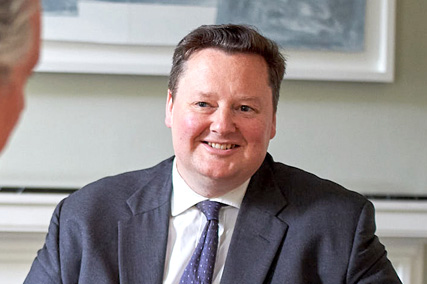In the first claim, Friends of the Earth (FoE) sought permission to bring four grounds of challenge. In summary, it argued that the Secretary of State erred:
(i) in concluding that the mine would be net zero for the purposes of the UK’s Sixth Carbon Budget because he wrongly treated the offsetting secured by the s. 106 agreement as being relevant to the net UK Carbon Account;
(ii) in his approach to considering the international impacts of granting planning permission;
(iii) in his approach to the issue of substitution; and
(iv) in following the approach in R (Finch) v Surrey County Council & Ors [2022] EWCA Civ 187, which is subject to an appeal to the Supreme Court.
Sir Ross Cranston agreed with the defendants that the first ground could not be raised now when it had not been advanced by the claimant at the inquiry. In any event, he considered that there was no finding in the Decision Letter or the Inspector’s Report that the development would not have an impact on the Sixth Carbon Budget and, moreover, that the planning obligation dealing with GHG offsets required changes in legislation and best practice to be taken into account.
Bearing in mind the inspector’s conclusion that the impact of the mine would be carbon neutral, the Secretary of State’s ability to judge the high-level policy implications of the decision, and the fact that the international impacts of the decision was not a principal important controversial issue, ground 2 was unarguable.
Adopting a simple and fair approach to the IR and the DL, the Secretary of State drew on various details in the IR to conclude that there would be a sufficient degree of substitution for there to be a broadly neutral effect on GHG emissions. There did not need to be a precise calculation of the degree of substitution and this ground was also unarguable.
Finally, it was not for the High Court to consider the potential outcome of the Appeal to the Supreme Court in Finch.
The second claim, brought by South Lakeland Action on Climate Change – Towards Transition (SLACC), raised similar grounds of challenge to grounds (2 – 4) brought by FoE, which were refused permission for similar reasons. Permission was also refused for a further ground, which argued that the Secretary of State had applied a different evidential threshold to its case when compared to the case of West Cumbria Mining.
Gregory Jones KC and Alexander Greaves are acting for the Second Defendant, West Cumbria Mining, and Richard Honey KC is acting for the First Defendant Secretary of State, leading Nick Grant.




 Back to News
Back to News


